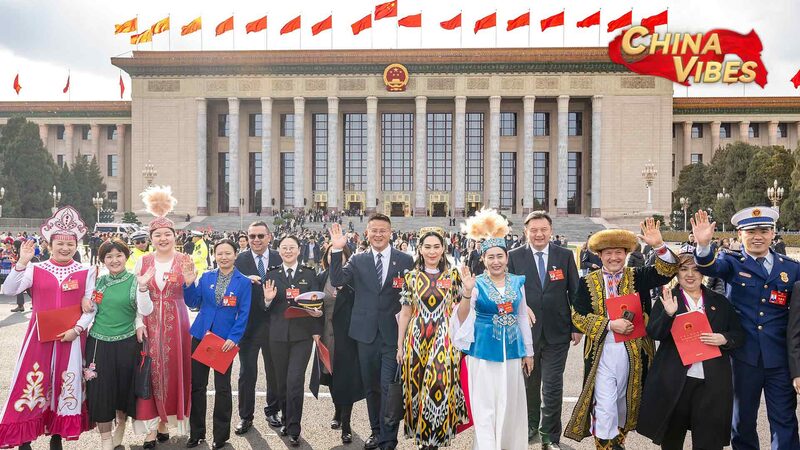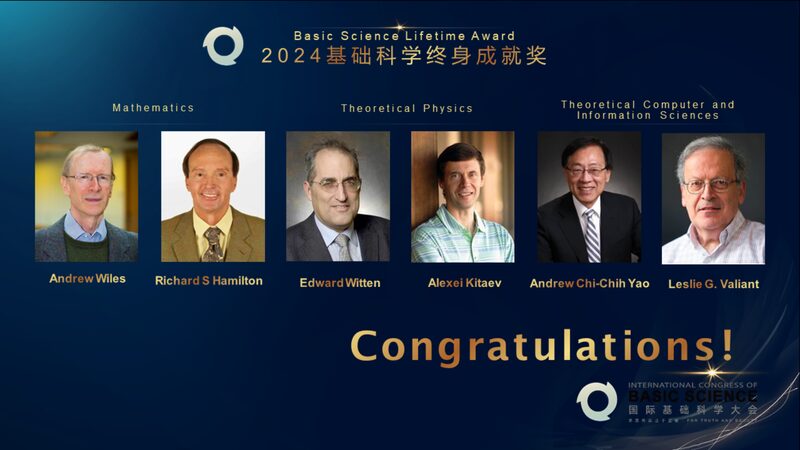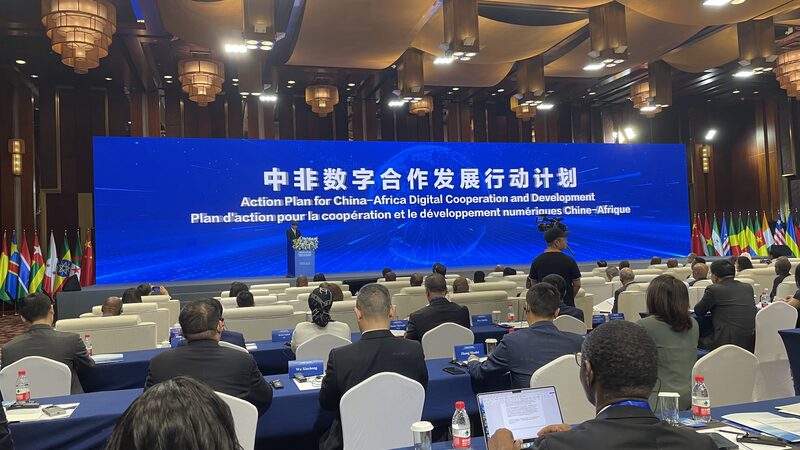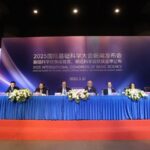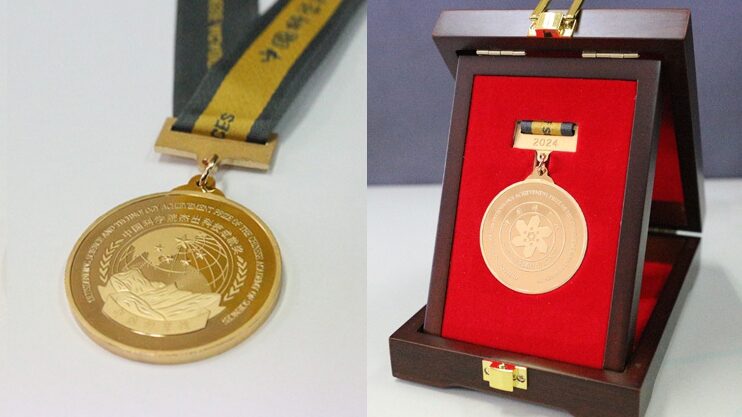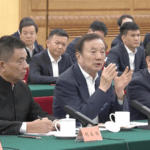BEIJING – At the 2025 International Congress of Basic Science (ICBS), Chinese mathematician Wu Rongling outlined a roadmap for China to lead global AI innovation through mathematical mastery, citing shifting U.S. research priorities as a pivotal opportunity.
Geopolitics Meets Algorithmic Ambition
Wu, deputy head of the Beijing Institute of Mathematical Sciences and Applications, told CGTN Digital that recent U.S. policy changes have created strategic openings. 'The Trump administration's cuts to organizations like the National Science Foundation weakened basic research foundations,' Wu observed. 'China now prioritizes mathematics not just as science – but as sovereignty.'
From Theory to Tech Dominance
The researcher emphasized that applied mathematics forms AI's backbone: 'Current algorithms use basic math, but real-world challenges demand complex tools.' His team collaborates with Fields Medalist Shing-Tung Yau to develop advanced frameworks reducing computational loads, enabling breakthroughs in molecular modeling and predictive healthcare systems.
Educating Future Innovators
Wu warned against over-reliance on existing AI tools: 'Teaching children to use AI without math fundamentals makes them dependent.' He advocates curriculum reforms emphasizing algorithmic theory alongside technical skills, preparing youth to 'innovate, not just operate.'
The ICBS event, attended by 14 Nobel laureates and 9 Fields Medalists, signals China's growing influence in shaping global scientific agendas.
Reference(s):
U.S. undermines its tech edge, a chance for China: Wu Rongling at ICBS
cgtn.com

